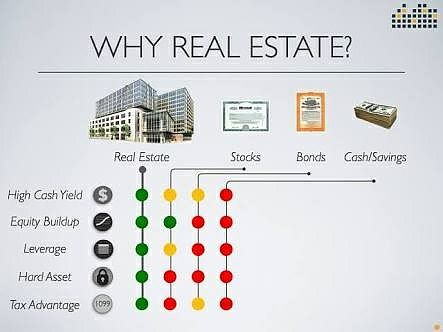Buying land and house property in Nigeria is not without risks, expropriation and others. Two laws talk about and explains land ownership in Nigeria. Although these laws have their counterpart in most countries, it is the implementation that really matters. The Petroleum Act of 1969 and Land Use Act of 1978. There are a great number of things to look out for and keep in mind when buying a new home or land property especially in Nigeria. These guides are crucial and will serve as guideline while you find property for say and make that investment in property in Nigeria.
How high are realtors’ and lawyers’ fees in Nigeria? What about other property purchase costs?
According to Global Property Guide cost paid by buyer is about 21.55% to 23.3875% and cost paid by seller is about 6.05% to 7.8875% rounding the trip transaction cost to about 27.60% to 31.275%. Its worthy of note that this cost could also differ depending on the realtors or lawyers involved.
How difficult is finding property for sale in Nigeria?
Finding house and land property in Nigeria for sale could be really stressful and risky. Buyers hustle so much and trek around the city to find property. Property for sale in Nigeria is available in different cities and places, good houses for commercial and private purpose, also lands for commercial and private purpose too. There are a lot of lands available for agriculture. Finding these lands and houses in Nigeria have been made easy through online real estate and property platforms. The difficulty in finding property for sale in Nigeria has been reduced or say eradicated through advent of online platforms. All you need is to visit the right platform and engage the right real estate agent or developer, You can consult RealAgent.
How difficult is buying land and house property process in Nigeria?
Foreigners can obtain leases from the State for a maximum of 99 years for the use of land.
The Land Use Act of 1978 converted all land to State Land. The Governor of the State is responsible for the management of this land on behalf of the people. Therefore, land cannot be owned privately. The Governor’s consent is needed for the assignment of title to use, occupy, and improve property with a statutory certificate. This certificate does not include rights to sell, give, or sub-let, which requires further consent from the State Governor.
A peculiarity about purchase of property in Nigeria, particularly in Lagos, is the Consent Fee. The logic is that the state government is the owner of land and therefore any change in ownership or assignment, in case of a lease, should have the consent of the Governor.
There is also a Capital Gains Tax levied at 10% of the difference between the sale price and the original acquisition tax. This is assessed by the Ministry of Finance.
Before purchasing, it is important to make sure that consent from the Governor is obtained for the sale. No land can be “sold” without this consent.
Sale of house, land property or real estate, however, does not involve actual selling and purchasing. There is only the transfer of rights from one person to another. This transaction is usually called an ‘assignment’. The seller assigns the rights to use and occupy the land to the buyer. After the transaction, the buyer applies for a new statutory certificate under his name. In this case, the seller acts as the assigner, and the buyer is the assignee.
The buyer/assignee’s lawyer checks the title and other documents presented by the seller/assigner before continuing with the transaction. It is better to be safe, since there are several restrictions and conditions that come with a title, and the buyer has to make sure of what s/he is getting. There are even instances where the assigner is selling land that s/he does not own.
Purchasing property in Nigeria is not without risks, expropriation and others. Two laws make land ownership uncertain in Nigeria. Although these laws have their counterpart in most countries, it is the implementation that really matters. The Petroleum Act of 1969 and Land Use Act of 1978 allow the government to take over land under the state’s right to eminent domain. The compensation scheme covers only the “unexhausted improvements” to the land but not the land itself. The value is also fixed to a government rate which was set in the year the law was created. These factors combined with corruption and years of autocratic rule, mean that uncompensated expropriation of property is common.
Taking money out of the country should not be a worry for foreigners. According to the Nigerian Investment Promotion Commission NIPC Act No. 16 of 1995, foreign investors are guaranteed unconditional transferability of their dividends, profits and loan repayments.
Nevertheless, foreigners and investors are advised to come in and invest in Nigeria. In all, the government has ensured that every investor is protected by law. Any investment on the country soil is protected and covered. These makes buying of land and house property easy.



